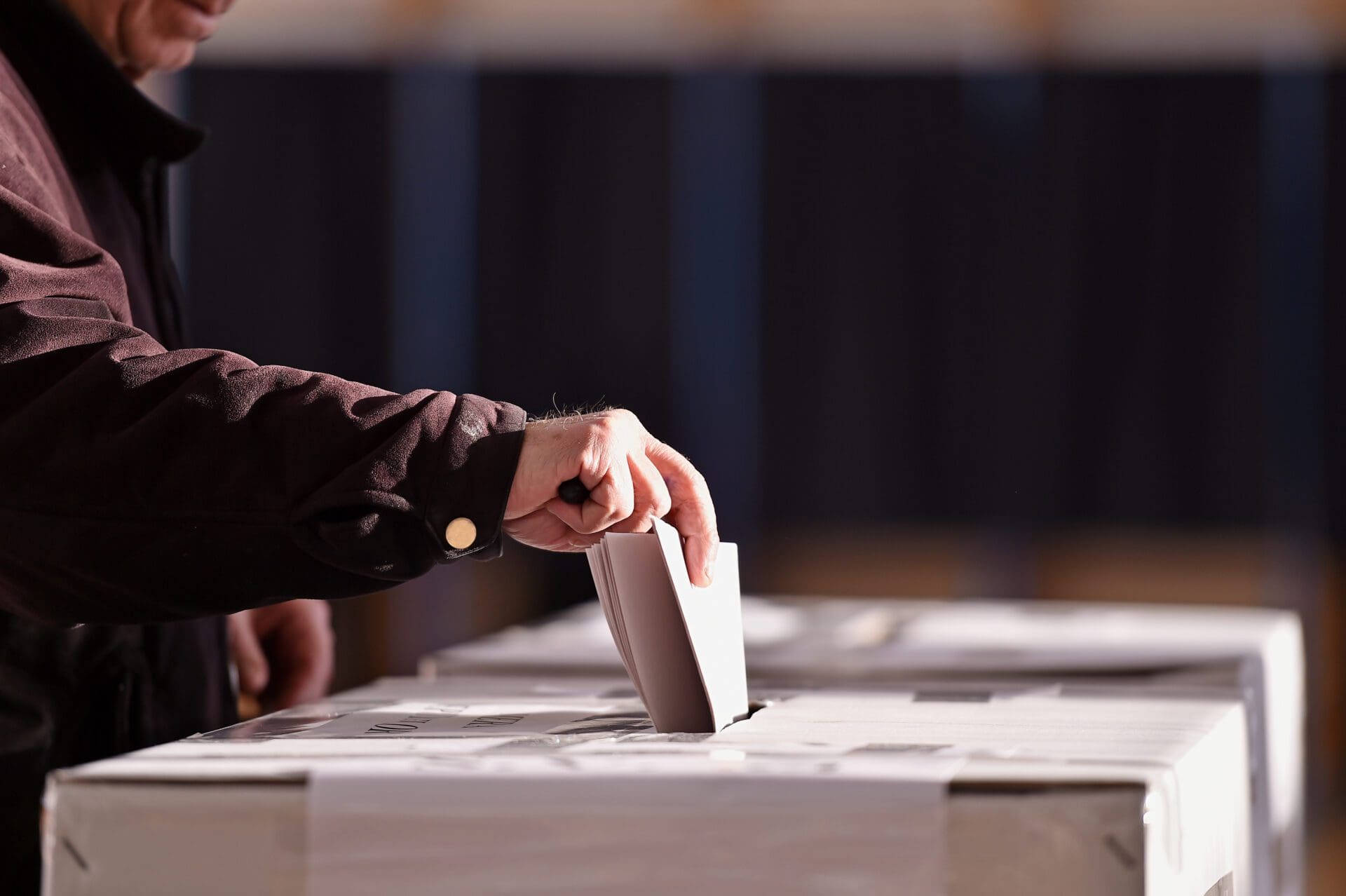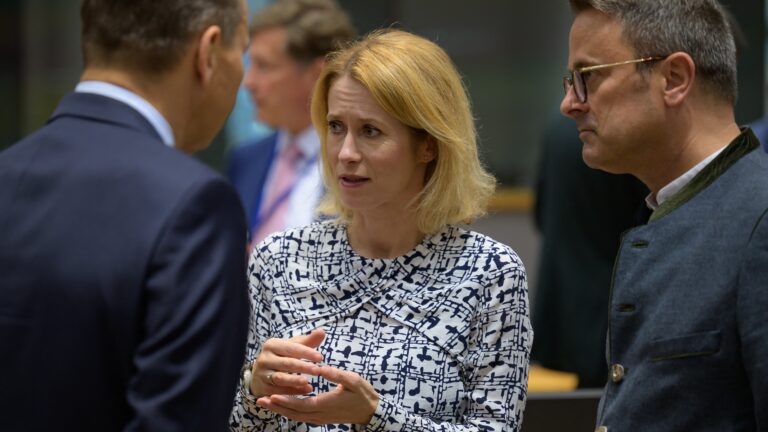In 2023, a number of elections are scheduled to take place across Central Europe which may define the region’s next couple of years.
Czechia
The presidential elections in Czechia were held between 13 and 14 January 2023. Incumbent President Miloš Zeman could not run for the presidency again, as he has exhausted his two-term limit. This was the third time that Czechs went to the polls to elect their President directly.
While in the Czech political system the prime minister holds relatively more power than the president, the presidential election is nevertheless significant. Andrej Babiš is among the top three contenders for the role—he has served as the prime minister of his country before. He is also the country’s most successful businessman, who, however, was implicated in a number of corruption scandals during his prime ministership. The former PM expressed his interest in running for the Presidency in 2021 after he lost the fight for re-election. While Babiš was accused of illegally obtaining EU funds, he was recently acquitted of fraud. While Babiš is certainly one of the contenders with the greatest chance of winning. According to the results of the election announced today, none of the contenders managed to garner more than 50 per cent of the votes. As expected, Babiš came in first, with 37 per cent of the votes, but the race was tighter than expected, with his number one rival, Petr Pavel obtaining 34 percent, thus qualifying for the second round of the presidential election, in which he will face Babiš two weeks from now.
Petr Pavel is a retired army general, who was the Chair of the NATO Military Committee between 2015 and 2018. While Petr Pavel ran as an independent, he is backed by a number of mostly centre right, Christian-Conservative parties and Petr Pavel also describes himself as a centre-right conservative. But his reputation is somewhat tainted in the eyes of the Czech public, as he was an active member of the Communist Party between 1985–1989.
The third notable nominee for President was Danuše Nerudová, who also ran as an independent, with the support of the same parties as Petr Pavel. Danuše Nerudová, who could have been the first female President of Czechia, is an economist and professor. She was barely known in the country until just a couple of months ago when she decided to run for president. Nevertheless, with her focus on pursuing gender equality and reforming the pension system, she managed to build up significant support over the last few months. She actively used social media as a campaign tool, and she has also been very vocal on climate change and supporting same-sex marriage—which appealed especially to the younger voter base. Her campaign has not been without scandals either—Mendel University, where she used to serve as the rector, is now being investigated for plagiarism and fast-track doctoral degrees for international students.
Poland
In Poland, the elections are scheduled for the autumn, to be held either in October or November 2023. The elections come in difficult times for the governing, right-wing Law and Justice (PiS) party. PiS has been in power since 2015, and the party now controls both the presidency and the Sejm, the lower house of the Polish parliament. Recently, Poland, similarly to Hungary, has been denied access to post-pandemic recovery EU funds and was also issued a fine (that the government refuses to pay) for ‘politicizing’ the country’s judiciary. While Poland came close to sealing a deal with the EU about the funds in December, PiS’s coalition partner refused to back the agreement. Poland’s deprivation of funds in already economically troubled times may significantly impact PiS’s chances of wining the elections.
Although the opposition is not united and has conflicting agendas, it is planning to join forces against PiS. While the planned united opposition alliance may indeed cause headaches for PiS, as the Hungarian example has shown, victory can be secured even against a united opposition bloc, especially considering that PiS currently leads national opinion polls. But the governing party’s victory is far from guaranteed.
Since the current administrations in Budapest and Warsaw share a similar Conservative-Christian foundation, Hungarian conservatives are closely watching the election campaign in Poland. The largest Polish opposition party is the Civic Platform, headed by Donald Tusk, the former President of the European Council and former prime minister of Poland (2007–2014).
Ukraine
Officially, Ukraine scheduled its next parliamentary elections for 29 October 2023, while the presidential elections are scheduled to happen in 2024 in Ukraine, in the same year as in Russia. While the date for the elections of the Ukrainian people’s deputies to the Verkhovna Rada was already set, according to the Ukrainian constitution—depending on the war situation—the elections can be postponed. Overall, it seems still rather uncertain whether the parliamentary elections will actually proceed as planned, or if they will be postponed. The last parliamentary election in Ukraine was held in 2019. Currently, the biggest party in the parliament is the Servant of the People (President Zelenskyy’s party) that won over 43 per cent of the votes four years ago. Both the Batkivshchyna and the European Solidarity parties won around 8 per cent each in the last election, making them the second and third largest parties in the Parliament.
Crisis in Slovakia
While currently no elections are scheduled in Slovakia for 2023, due to the collapse of the government, an early election could be called. As we have written earlier, the government fell in late December after losing a no-confidence vote in the parliament. The current prime minister, Eduard Heger has been in office only since 2021 when the former head of government, Igor Matovič, resigned. Although Prime Minister Heger opposes the idea of an early election, this option has been very much on the table in Slovakia, and could be scheduled for as early the spring. For a snap election, however, the Slovak constitution must first be amended—if the amendment vote fails in January, parliament can discuss the same amendment only in 6 months’ time. An early election is only one of the three possible solutions to the current government crisis. There might also be a new coalition formed, and a caretaker cabinet can also be appointed by the Slovak President in case parliament fails to agree on a snap election by the end of January and Eduard Heger also fails to gather the support of 76 members of parliament who support his cabinet.








